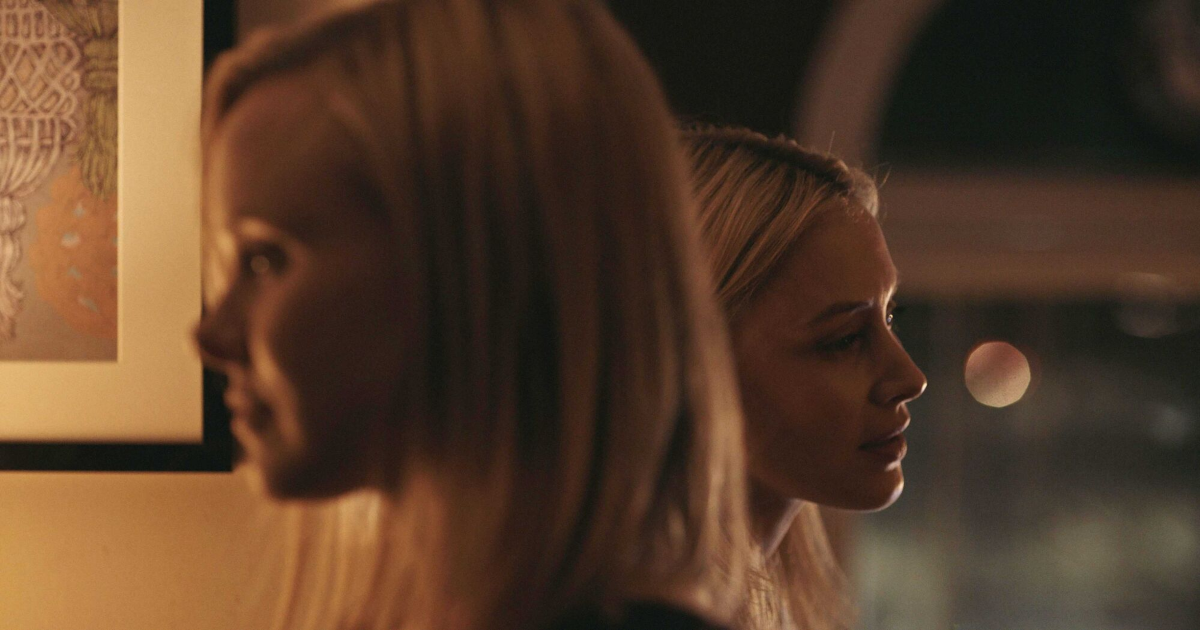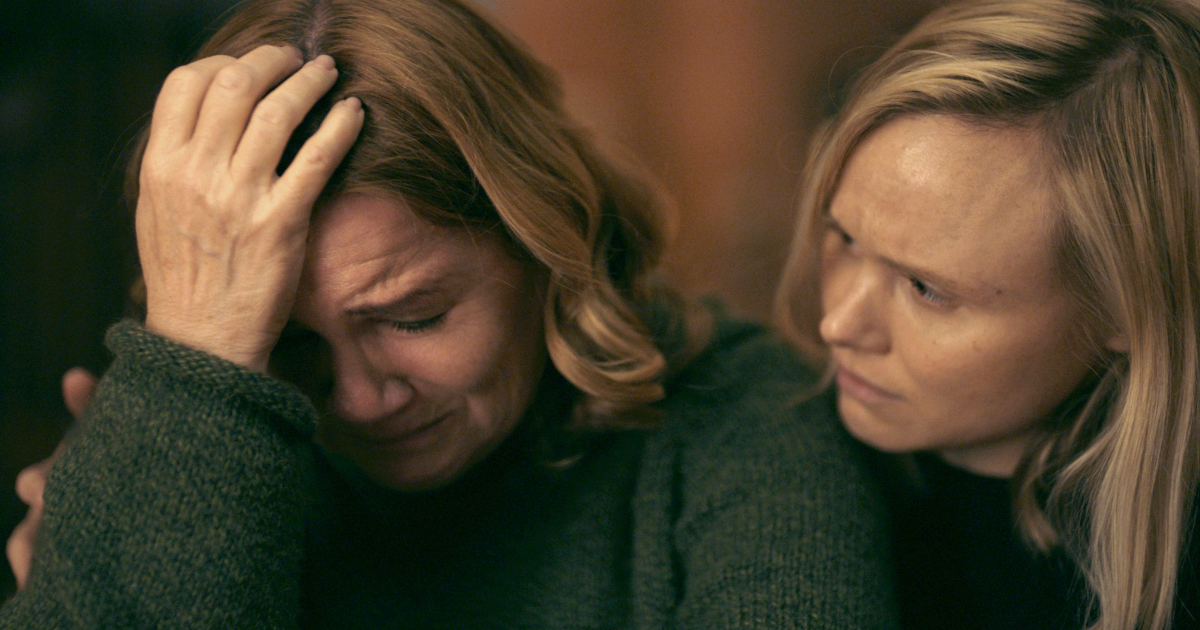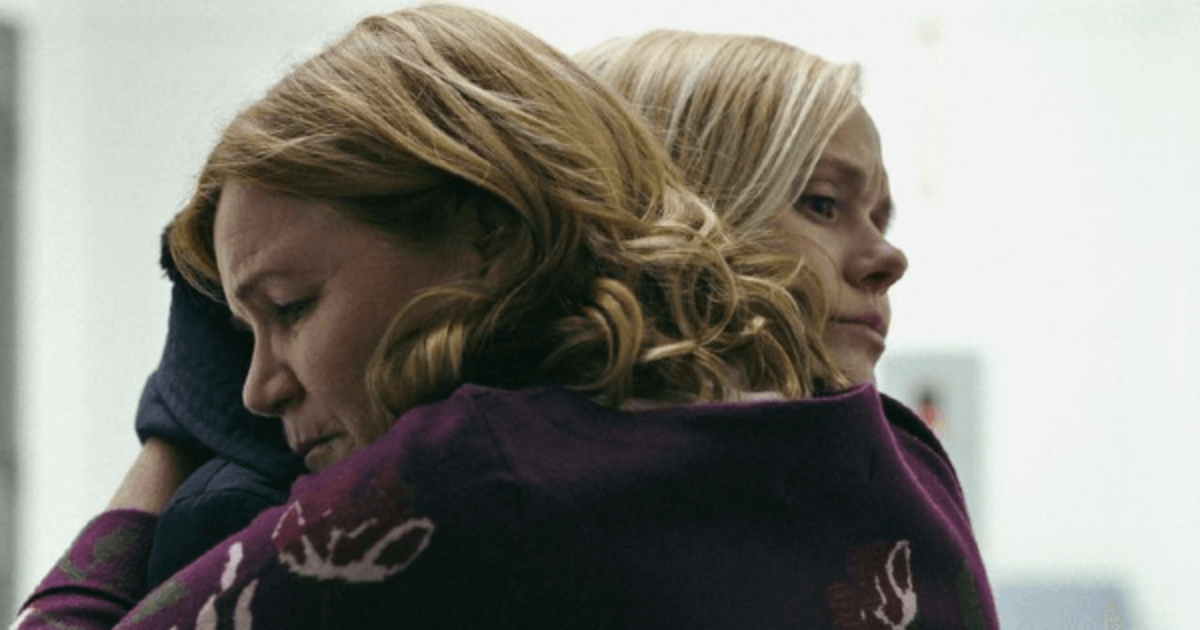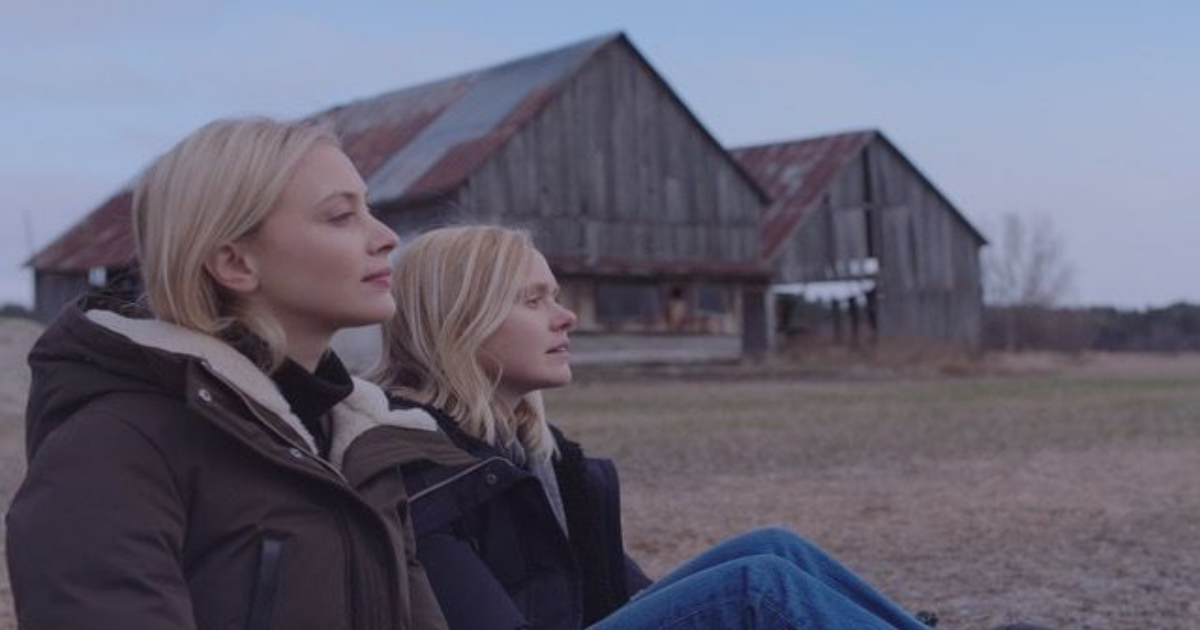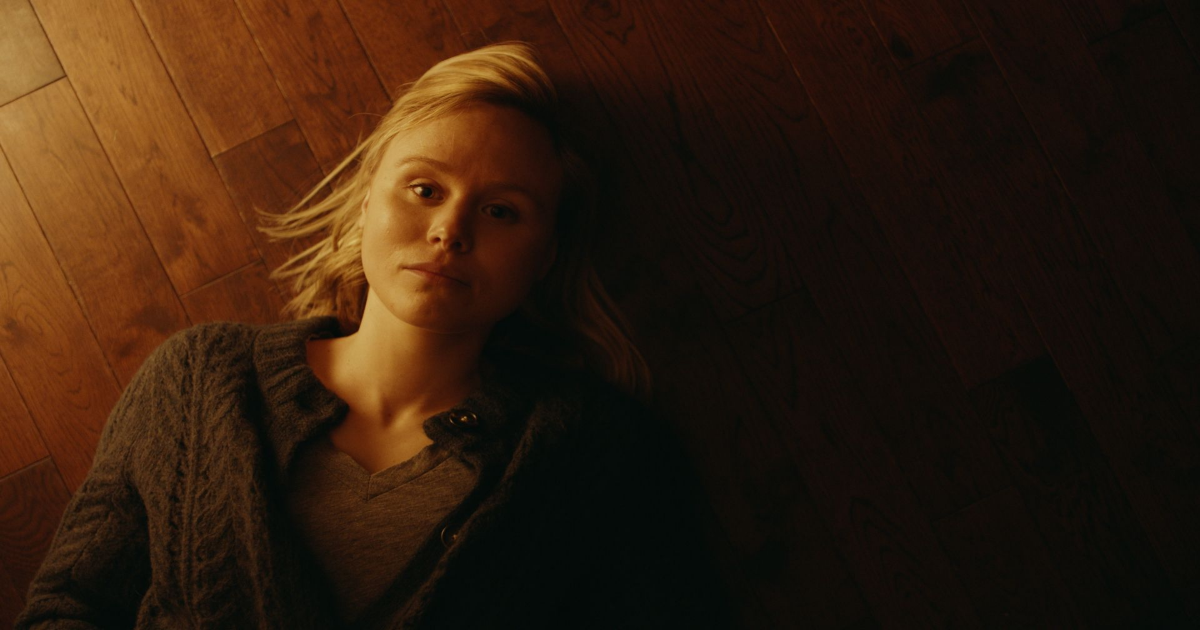Warning: This Article Addresses the Topic of Suicide and Self-Harm
The so-called ‘psychotically depressed’ person who tries to kill herself doesn’t do so out of quote ‘hopelessness’ or any abstract conviction that life’s assets and debits do not square. And surely not because death seems suddenly appealing. The person in whom its invisible agony reaches a certain unendurable level will kill herself the same way a trapped person will eventually jump from the window of a burning high-rise.
This passage from David Foster Wallace's epic novel Infinite Jest begins to describe suicidal ideation in a way most people with depression innately understand. To those without depression, the suicidal act (or the weeks in bed, with the afterthought of bathing too painful to even surmise) and the aforementioned quote make little sense. All My Puny Sorrows, the new Canadian film from writer/director Michael McGowan, bridges the gap between those who understand suicide and those who don't; it's simply one of the best movies about depression in decades.
Puny Sorrows is an Understatement
All My Puny Sorrows, based on the somewhat semi-autobiographical novel from Miriam Toews, focuses on a family who understands depression and suicide. The Von Riesens have lost many of their members in this way, their family tree having been cut down by misery, with only a few surviving, beautiful branches left lying in the leaves. These are Lottie (Mare Winningham) and her daughters, Elf (Sarah Gadon) and Yoli (Alison Pill), along with Aunt Tina (Mimi Kuzyk). Patriarch Jake (Donal Logue) died by suicide when the girls were relatively young, and the family has been coping ever since.
All My Puny Sorrows drops the audience into the aftermath of decades of despair, with author Yoli dealing with a divorce and Elf a successful but despairing pianist. Pill and Gadon are so excellent here that their chemistry is automatically palpable, and viewers don't need any time to acclimate. Part of this is because the two actors actually grew up alongside each other, attending school together at one point, appearing together in a film, and knowing each other since their youth; this real-life longevity shouldn't distract from the fact that the actors give top performances which invite viewers immediately into their lives and relationship.
Before long, Elf attempts suicide, something which she's done before. This, along with many aspects of the film, begins an interesting exploration of the old 'nature versus nurture' debate; how much of Elf's will-toward-death is chosen, and how much is this simply the residual genetics from a lineage of loss?
Nonetheless, Yoli returns home to be with her mother and sister, reconnecting with the past she left behind along the way. Tragedy haunts the family like a specter, and their attitudes towards life and their respective personalities have shifted as a result. As such, the majority of the film has less to do with the plot than it has to do with these unique characters and their powerful interactions with one another; they're an intellectual family, constantly referencing poets, musicians, and literature as if to distract from what's tangibly present.
Anyone who has dealt with depression, personally or amongst others, will find remarkable resonance in a lot of this dialogue, which is not just authentically representative of depression and suicidal ideation, but also incredibly smart and frequently comedic, as sarcasm remains one of the more fortified armors against pain for the depressed person.
The Brilliant Interactions Between Alison Pill and Sarah Gadon
All of the acting is excellent, including a perfect Mare Winningham, who continues to prove why she's a seven-time Emmy Award nominee and Golden Globe and Oscar-nominated actress. Logue is fantastic in a small part, and AmyBeth McNulty is quietly wonderful as Yoli's daughter Nora. Pill and Gadon are at the top of their games here and their instinctual chemistry goes a long way, but it's the sensitive script from McGowan (and the original words from Toews) which truly constructs a dynamic relationship.
The interactions between Pill and Gadon are brilliant at not only exploring their individual characters but the nature of depression and suicide itself. The hospital conversations between Elf and Yoli are arguably the most powerful and fascinating parts of the film; in a sense, each of these scenes is a duel, with words and ideas as weapons, Yoli on the side of life, and Elf on the side of not-life.
The term 'not-life' is used here rather than 'death,' because the film doesn't glorify death or suicide in any way; Elf, like many suicidal people, doesn't 'want' to die, she merely doesn't 'want' to live. Life is correlated with great suffering and constant pain to the depressed person, and death is seen as a way out, and this is something that really only the suicidal person understands. In Infinite Jest, Wallace goes on to say:
Make no mistake about people who leap from burning windows. Their terror of falling from a great height is still just as great as it would be for you or me standing speculatively at the same window just checking out the view; i.e. the fear of falling remains a constant. The variable here is the other terror, the fire’s flames: when the flames get close enough, falling to death becomes the slightly less terrible of two terrors. It’s not desiring the fall; it’s terror of the flames. And yet nobody down on the sidewalk, looking up and yelling ‘Don’t!’ and ‘Hang on!’, can understand the jump. Not really. You’d have to have personally been trapped and felt flames to really understand a terror way beyond falling.
Elf has felt the flames and needs to jump. Yoli and her mother are fascinating because while they neither feel the flames nor exactly understand Elf's perspective, they nonetheless feel the horrid heat. They've experienced depression, and they've buried loved ones; they have a more evolved comprehension of depression and suicide than most people. As a result, Yoli's conversations with Elf are utterly magnetic. They obviously love each other as sisters immensely and have an almost begrudgingly mutual respect, but they're also bitter about what they've put each other through. They scream "I hate you!" at each other in the suicide ward, and then crack bleak jokes beneath fluorescence. They're family.
All My Puny Sorrows Opens Up a Dialogue About Suicide
An important thing that All My Puny Sorrows addresses is that depression is nobody's 'fault;' nobody really chose their depression, regardless of whether nature or nurture is to blame. Society often targets the depressed person as 'lazy' or 'not trying hard enough.' This unhealthy fallacy is shattered by Elf in an efficient little description of the nihilism that depression often invokes, no matter how hard a person may try:
When I wake up in the morning, I have moments of excruciating hope. The sun has risen, and I think maybe today will be different. But that day always darkens, it never changes. I'm certain that the future will be an endless repetition of the same disappointment. No matter how hard I try, I can't see beyond it.
"It seems like such a selfish thing to do," one character in All My Puny Sorrows says, incongruous to the painful but honest truths of the rest of the film. This character is unfortunately all too representative of the typical response to suicide, along with the people Elf resents, who equate intelligence with optimism and a zest for life. In a magical (albeit depressing) way, McGowan's film has the potential to change these kinds of minds.
With its excellent direction, script, and performances (with everyone excelling in the most tremendous of ways), All My Puny Sorrows masterfully reveals the fiery threat so many depressed people face. It engenders empathy in the audience toward individuals with depression and suicidal ideation and even makes a small but important argument for assisted suicide without taking any obvious, on-the-nose stance. With its refusal to moralize, judge, or condemn anyone who suffers, All My Puny Sorrows stakes out its place as a quiet masterpiece with the ability to create perspective and put out some fires in the process.
A Toronto International Film Festival official selection, and from Mongrel Media, All My Puny Sorrows is available on-demand and on digital now.

